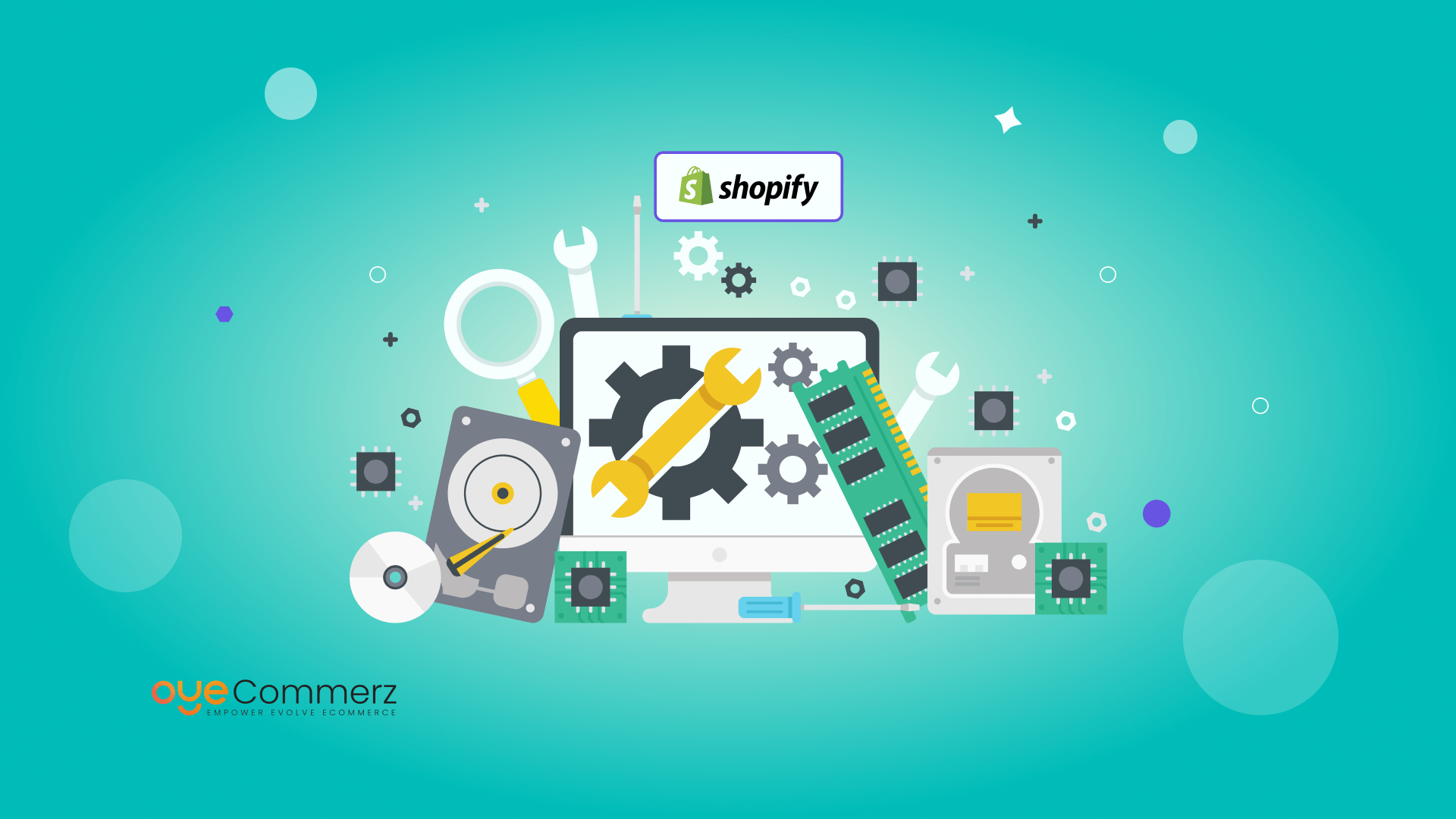Introduction
In the current competitive e-commerce landscape, standing out is essential, and one of the best ways to differentiate a Shopify store is through tailored app creation. A well-built Shopify app can boost store functionality, streamline operations, and boost customer interaction. This article delves into key elements of Shopify app development, covering API integration and app ecosystem to growth techniques and promotion methods, offering a roadmap for companies looking for unmatched store efficiency.
Why Shopify API Integration Matters
Shopify’s API provides powerful tools to customize and extend store capabilities. With the GraphQL and REST API options, developers can retrieve information to create apps that handle inventory control, order processing, and customer data management seamlessly. Using Shopify’s API can enable improved workflow automation and allows stores to assist shoppers more efficiently.
Adopting the Polaris Design System
Shopify’s Polaris is Shopify's set of design guidelines for creating user-friendly and easy-to-use Shopify apps. By following Polaris principles, developers ensure that apps seamlessly integrate within the Shopify Admin experience. This ensures a cohesive appearance that resonates with Shopify merchants, encouraging ease of use and comfort for merchants utilizing your tailored app.
Navigating the Shopify App Ecosystem
The Shopify app ecosystem provides numerous opportunities for enhancing online stores. From managing fulfillment processes to increasing customer engagement, apps in this environment are tailored to meet various business requirements. Familiarizing with this system assists developers in identifying unique app ideas and enables seamless integration of third-party services that add value to the store.
Developing Embedded Shopify Apps
Embedded apps work seamlessly within the Shopify Admin, providing a smooth interface for merchants. They ensure that merchants don’t have to navigate away from their Shopify control panel, streamlining their workflow. Employing Shopify App Bridge and embedded app capabilities is a best practice for providing a cohesive, well-integrated user experience.
Using Node.js and React for Shopify Apps
Node.js and React have become top options for Shopify store improvement tips Shopify app development. This server-side framework enables efficient back-end services, while React enables interactive and adaptive front-end design. Together, they offer an strong framework for creating speedy, scalable Shopify apps that enhance store functionality and customer engagement.
Utilizing Webhooks in Shopify Development
Webhooks allow real-time data synchronization between Shopify and an outside application. They initiate events such as order creation or inventory updates and provide immediate notifications to your app. By utilizing webhooks, apps can deliver real-time information to store owners, simplifying processes and boosting productivity.
Customer Engagement and Digital Marketing for Shopify Apps
To ensure Shopify app success, connecting with users is crucial. Utilizing digital marketing strategies like SEO, email marketing, and social outreach can increase app usage. Additionally, creating applications with customer interaction Shopify apps to enhance customer experience as a focus (e.g., loyalty programs or personalized suggestions) increases user retention and satisfaction.
Scaling Your Shopify App
As e-commerce businesses grow, so do their technology requirements. Making sure that your app can manage increased traffic, larger databases, and more complex functionalities is critical. By improving server capacity and using scalable technologies, you can develop apps that grow in tandem with a store’s success.
Essential Features and Maintenance for Shopify Apps
For an app to be effective, it should offer essential features like user authentication, analytics dashboard, and customer support options. Regular app maintenance, including updates to fix bugs and compatibility checks with new Shopify functionalities, is vital to maintain uninterrupted performance and prevent disruptions to merchant workflows.
Conclusion
Custom Shopify app development offers immense opportunities for e-commerce stores, providing the chance to improve performance, simplify operations, and build customer relationships. With API integrations and Node.js to focusing on scalability and customer engagement, building a Shopify app requires thoughtful preparation and well-planned actions. If you’re prepared to unlock your store’s full potential, a custom Shopify app may be the ideal choice. What capabilities do you see for your ideal app? Share your ideas and begin the journey to an optimized e-commerce experience!
